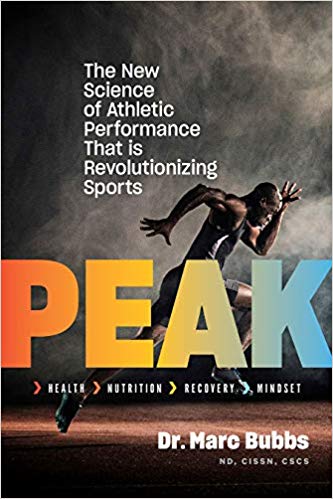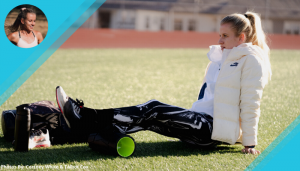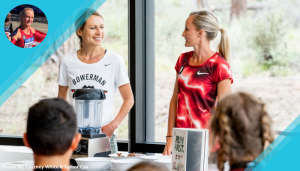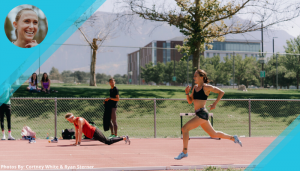Recovery Tips From: Best Selling Author Dr. Marc Bubbs
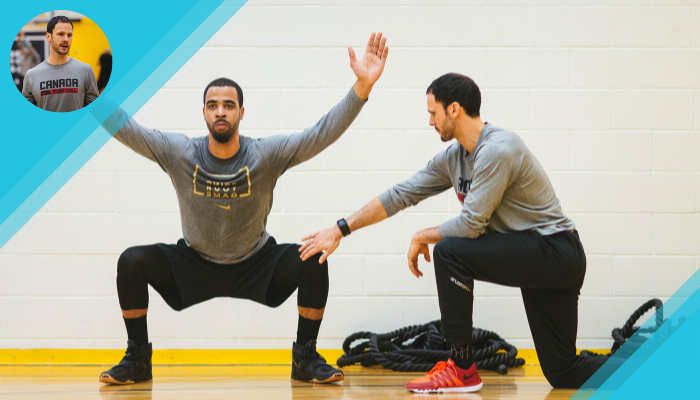
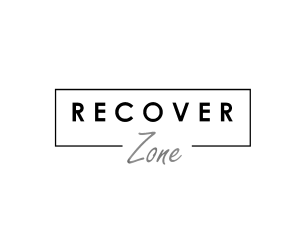
By: Recover-Zone Team
Our amazing team consist of a wide variety of writers, from novice athletes, to serious competitors. Competing in an array of fitness challenges.
What do you get when you combine a researcher, writer, speaker, doctor, athlete, and coach…Dr. Marc Bubbs. Dr. Bubbs quantifies what it means to have a successful career. What exactly makes him so successful? Well let’s just say being a best-selling author, performance nutrition lead for Canadian Basketball, a regular contributor to the well-known website Breaking Muscle, and naturopathic doctor to name a few. As you can probably tell Dr. Marc Bubbs knows his stuff.
When it comes to recovery, Dr. Marc Bubbs is well informed. Pulling from countless industry-leading experts and an arsenal of studies Dr. Bubbs not only tells you what he thinks, but also has the science to back it up. If you want recovery, science, and practical application all packed up in one bundle, our interview with Dr. Marc Bubbs has your back.
Can you tell our readers what is your background?
When I was a young boy, I played every sport under the sun. Baseball in the summer, basketball in the winter, and soccer in the spring. I competed fairly for my age up until high school. In high school, I hit a strange period where I became frequently sick. This was a big deal for me, especially since it was my senior year and I was pushing hard to get a basketball scholarship. I tried multiple treatments in the traditional medical system but could not find a solution. Strangely enough, someone recommended I go and see a naturopath, something I had never heard of. Basically, what a naturopath does is treat patients by using nutrition rather than medicine. In my case, it worked! That is when the first bell went off for me. I learned how much of an impact what you eat plays in your health. The next cue was the importance of movement. Being an athlete myself I drew the connection of how nutrition and moment came together for general health and performance. After I graduated high school, with these things in mind, I decided to pursue studies in naturopathic medicine and performance nutrition. Throughout my career I have enjoyed these degrees and what they have brought me. Being able to help the general population improve their health as well as having an opportunity to work in a high-performance setting with professional athletes has been rewarding. As my career progressed, I decided to write a book titled Peak. My book Peak is all about improving athletic performance. Not surprisingly, while researching for my book the factors of nutrition and movement continued to be a reoccurring theme. This brought me way back to my teenage years. What is ironic, these two keys for performance have been largely unused in the athletics world. Even back in the early 2000s, the common philosophy was to get stronger and faster in the weight room. While that is important it should not be the only focus.
What are the foundations of recovery science?
Recovery is a young field. As of now, the best understanding of recovery comes from Dr. Shano Halson. In brief, Dr. Halson understands recovery is what allows athletes to train at their highest level and compete at their best ability. It includes more than just one session to the next. It can be the same day as a workout, the next day, or even later in a training cycle. Recovery is important for everyone, from the general public to elite athletes. This is a great understanding because it shows that recovery touches so many areas of general health. Another great foundational explanation comes from the sports expert Lachlan Penfold who is the former performance director at the Golden State Warriors NBA team. Lachlan’s explanation comes in the form of pillars. Lachlan’s pillars are sleep, nutrition, and mental/emotional stress. The mental/emotional stress part is something a lot of people do not think about. People do not realize that they can hit it hard in the weight room but if they have a bunch of outside stress from life in general added on top of that from the workout it can negatively impact their performance.
What is your “recovery” pyramid
Again, one of the best explanations comes from Lachlan Penfold, who has a well-defined “recovery” pyramid. At the base of Lachlan’s pyramid are the fundamentals of sleep, nutrition, and mental/emotional stress all of which can account for almost 70-75% of recovery need to be in place. Up next on the pyramid is the training plan. Most experts are quick to agree if you mess up the training plan it does not matter how many ice baths or cryotherapy sessions you take you will not be able to recover efficiently. As the pyramid climbs higher yet, recovery monitoring and techniques come into play, things like heart rate variability and massages. Lastly at the peak of the pyramid is recovery modalities. Unfortunately, this least important category is what most people focus their attention on first. Cryotherapy, compression, and hot baths all fall under this category and in Lachlan’s view and account for only 5-10% of the recovery. Although these techniques are fun and exciting they should not receive primary focus. What I find helpful is taking a step back from the details and looking at the big picture. The best tip I can give anyone is to be conscious of what they are doing.
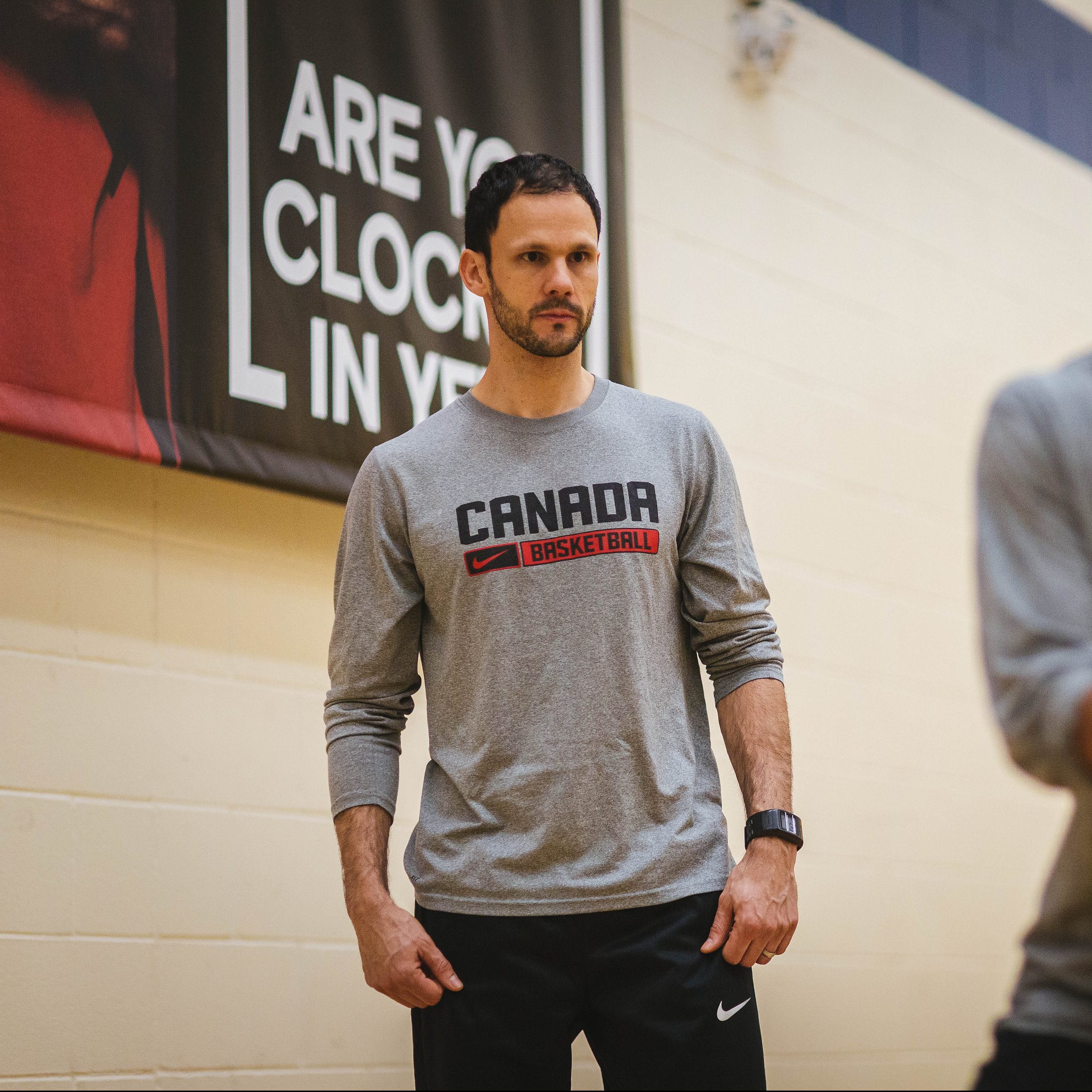
"The best tip I can give anyone is to be conscious of what they are doing."
What is your crash course for recovery?
My crash course starts with the three pillars from Lachlan Penfold. Sleep ranks number one in my view. I recommend people begin by reaching the benchmark of seven hours of sleep per night. A large percentage of the population does not get seven, that is the first place to go. If athletes can inch up towards eight that will improve recovery even more. The second piece is nutrition. There are many different strategies people can take in this area, whether it is the classic low-fat diet or a higher fat alternative the particulars are not necessarily the focus. What should garner the most attention is energy consumption.
If someone is trying to lose weight, recovery will be a struggle. Losing weight requires an energy deficit and being in a negative energy balance is not helpful for recovery. When people try to maintain an energy balance, meaning that they are eating the same number of calories they are burning, then they will begin to recover more quickly and feel better. Mistakenly, the common fear most people have is gaining fat mass. Fortunately, it is helpful to understand being in an energy balance does not add fat mass. The last basic component I highly recommend as a starting place for recovery is mental/emotional stress management. The way to alleviate stress is highly dependent on the person. Some people might find it relaxing to take a walk. Great research has been done in Japan showing that simply being in nature lowers cortisol levels. Cortisol is the hormone released whenever humans stress out. After learning one’s preferred form of relaxation, the key is to plan it into their day. Without a planned break for relaxation, work tends to consume every bit of people’s time and that never gives our body a chance to refresh.
How important is recovery to a training plan?
Context is crucial. Each person’s fitness level will determine the role recovery should play in their training. Recently the topic of over-recovery has become more apparent. Over-recovery can happen when people do too many recovery techniques which negate all training benefits.
The first step for anyone is nailing a solid training plan before focusing attention on recovery. Developing a specific training plan that works effectively is where many recreational athletes fall short. All too often, people go out the door and just run thoughtlessly or go to the gym and have no idea what they are doing. Throwing weights around and trying every piece of equipment might be fun, but only works to a certain point. Athletes eventually reach the level where getting better requires a coach or training plan. Outlining what needs to be done for continued growth rather than just training more volume or intensity is essential at this point. Randomness is a recipe for over-training.
What is the best step for recreational athletes to improve recovery?
When you think of recreational athletes typically what comes to mind is normal people with regular jobs. Where I think the recreational athlete can improve recovery is in this arena. Teaching people how they can add training into their busy schedule is critical. A lot of experts promote increasing intensity in exercise over volume. This is the logical route to take because it requires less time. This can include getting a coach or training plan that matches the goals people are striving to achieve.
The biggest myth in the recovery industry?
One of the biggest problems in the recovery industry is the idea that inflammation is bad. Some athletes are convinced they need to reduce inflammation as much as they can. This is ironic because inflammation itself is the sign to your body that it needs to adapt and become stronger. In addition, it is important to consider the training phase someone is in. The adaption phase, or the time of training leading up to competition is when it is ok to be sore. However, when someone is competing or working at keeping and not gaining fitness that would be a time when inflammation should be eliminated. A good example of the competition phase is when an NBA player is in the middle of a season and has multiple games back to back. To recap, when you are in the training phase inflammation is good. However, when you begin to compete or peak for a competition that is when strategies to dampen inflammation are beneficial.
How Important is sleep to Recovery?
There is nothing better to point to than Dr. Cheri Mah’s sleep study with collegiate basketball players that took place around 2011. Originally her study was focused on the cognitive effects of sleep such as focus, relaxation, and so forth. Interestingly, what began to happen was that athletes kept coming in and telling Dr. Mah that they were hitting PR’s in the gym or running their fastest times ever. That is when the study team decided to shift the focus of the study to performance measures. They began by researching what would happen to a basketball team’s sprint times, shooting percentages and others alike when they extend the players’ sleep. Amazingly, sleep increased performance considerably. Since this study, many others have followed and any performance expert who talks about recovery almost always mentions sleep as a major pillar.
One of those studies that fit into this context was done by Sheldon Cohen in 2009. In his study, Sheldon showed that people who slept less than six hours were four and a half times more likely to get sick than those who slept considerably more. This is especially important for high school and collegiate athletes where lack of sleep is common. For anyone working a typical nine to five job the same rule applies. When you are pushing the envelope at work and that is cutting into your sleep time you will see negative effects on your performance. Even parents with little kids need to make an extended effort to get sleep into their schedule. It is generally known that if you are not getting enough sleep you are sacrificing skill, cognitive, and physical performance. Even the world-leading expert on recovery Dr. Shano Halson recommends sleep as the first place recreational athletes should go for optimal recovery. Sometimes people get so caught up with the fads and another cool tech that they lose sight of what can bring the most benefits, sleep.
Do you recommend products that track recovery?
Recovery technology is an interesting concept. The short answer for most people is to listen to their body. How someone feels is usually the best predictor of what they should do for recovery. Not to say, heart rate variability is a popular option that is rather reputable. What tends to happen though is over-interpretation. One bad heart rate score does not mean someone should change their entire training program. Experts like Dr. Andrew Flatt and Dr. Daniel Plews are quick to reiterate that, if you are using recovery tech as a guide to help out that is great, but it should not be the standard determiner for recovery.
What is your opinion on supplements vs. natural food?
Taking supplements should be entirely dependent on context. Whole foods are always the best place to start. If someone is looking into supplementing trying some experimentation is great, but they should always ask why. If some can answer why they are taking a supplement, and the reason is not to make up for a lacking nutritional plan then giving the supplement a try is valid. Conversely, if the more important foundation of nutrition is not in place the supplement will be of a lesser benefit to the athlete. A good example of this goes to antioxidant supplements. Research has found that if you consume antioxidants from foods rather than supplements it will not result in a less training adaption. This points to the food first approach. However, supplements might be more valuable for serious athletes who are pushing their limits and training extremely hard. One example of a tremendous supplement is creatine. People do not realize that creatine has a lot of recovery side benefits physically and mentally as well.
What is the single most important tip you can give any of our readers?
Consistency…consistency is something I have seen in nutrition research, in strength training research, and is in recovery research. It goes back to the good old analogy of the tortoise and the hare. The consistent tortoise always wins. Being faithful to a recovery plan is essential. It is best to start by picking something doable and aim low. The improvement can be recovery nutrition, a technique or something else, but ideally, choose something that can be done for a year. Little things that are easy and repeatable bring big wins for recovery. Be consistent.
Is there anything you think would fit well into the article?
Everybody should keep in mind that the same problems that professional athletes are having are the same problems recreational athletes are having. When it comes to recovery pros still struggle with compliance, consistency, and eating the right thing.
Get the most from all your
Dr. Bubb's Best Selling Book
Want More Great Interviews...
What’s up fitness fam! You might have noticed links on our website for various products. We wanted to let you know that we do this to keep our website ads-free. Obviously, nobody likes the pesky clutter of ads so instead, we simply put links to related products so that you don’t have to go searching if you want to buy something related to the post you are reading. As you probably guessed, yes we do get a commission if you buy something through our link, but here is the great news, it does not cost you any more! That means you can buy things you already wanted, support our business for free, and not have to deal with annoying ads! It’s a win, win, win! (If you really want to help us out you can use our link whenever you shop Amazon by clicking here and bookmarking the page.) If you would like to read all the technical mumbo-jumbo behind our links you can click here.


